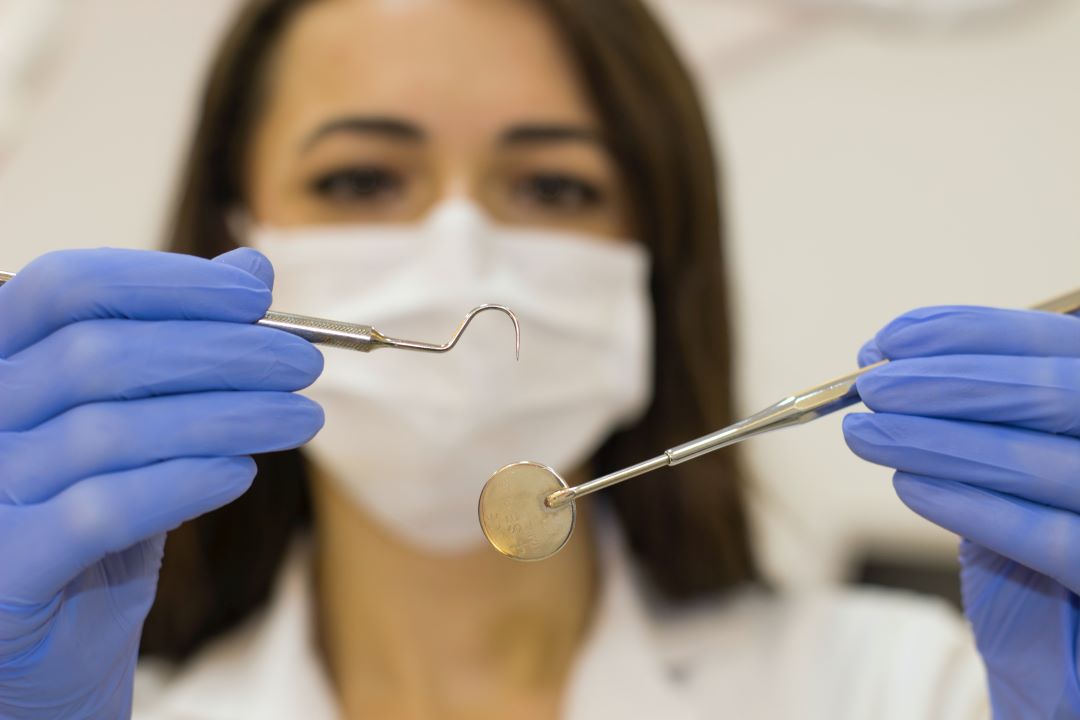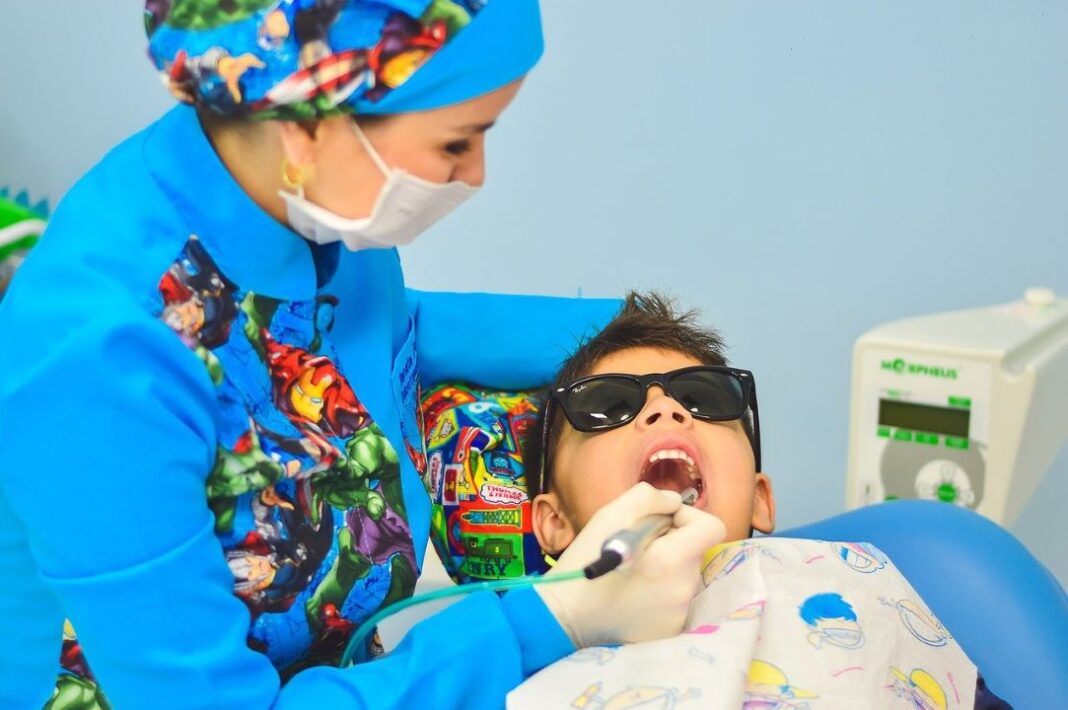Sugar is the enemy of teeth, it provides a breeding ground for bacteria and yeast, which form a harmful biofilm on teeth – the plaque. A new enzymatic treatment that uses enzymes to weaken dental plaque could now help fight tooth decay. At the same time, the treatment does not harm beneficial bacteria in the oral cavity.
Microorganisms Form Dental Plaque
The coalition of bacteria and yeast forms dental plaque, which is connected by sugar chains. According to experts from the American University of Pennsylvania, dental plaque usually consists of the bacteria Streptococcus mutans and the yeast Candida albicans.

Streptococci and yeast support each other. They even connect to each other, using mannan polysaccharide molecules from the yeast cell wall, which associate with glycosyltransferase enzyme molecules produced by streptococci.
Tooth Decay Enzymatic Treatment
The formation of tooth decay is affected by several factors – sugar consumption, improper teeth cleaning procedures, and genetic equipment. Children do not easily resist sweets. Therefore, they are often prone to tooth decay. A new enzymatic treatment could solve unpleasant, sometimes painful troubles with teeth.

Geelsu Hwang and his team, therefore, came up with a new approach. Instead of the bacteria or yeasts themselves, they attack their connections, i.e., the mannan molecules. The new treatment strategy uses enzymes to weaken dental plaque.
Experts have tried three different enzymes that break down mannan. They let them act on biofilms placed on a tooth-like surface. After only 5 minutes of exposure to the enzymes, the biofilm was significantly weakened, which was then much easier to remove.
Today, there are drugs that target streptococci in the oral cavity. However, they usually kill useful bacteria as well, and at the same time, they do not remove the plaque effectively. There is a big advantage – bacterial resistance to enzymatic treatment is weak. In the future, similar enzymes could appear in children’s mouthwashes and similar products.
https://penntoday.upenn.edu/news/gentler-strategy-avoiding-childhood-dental-decay, featured photo: Pixabay.















